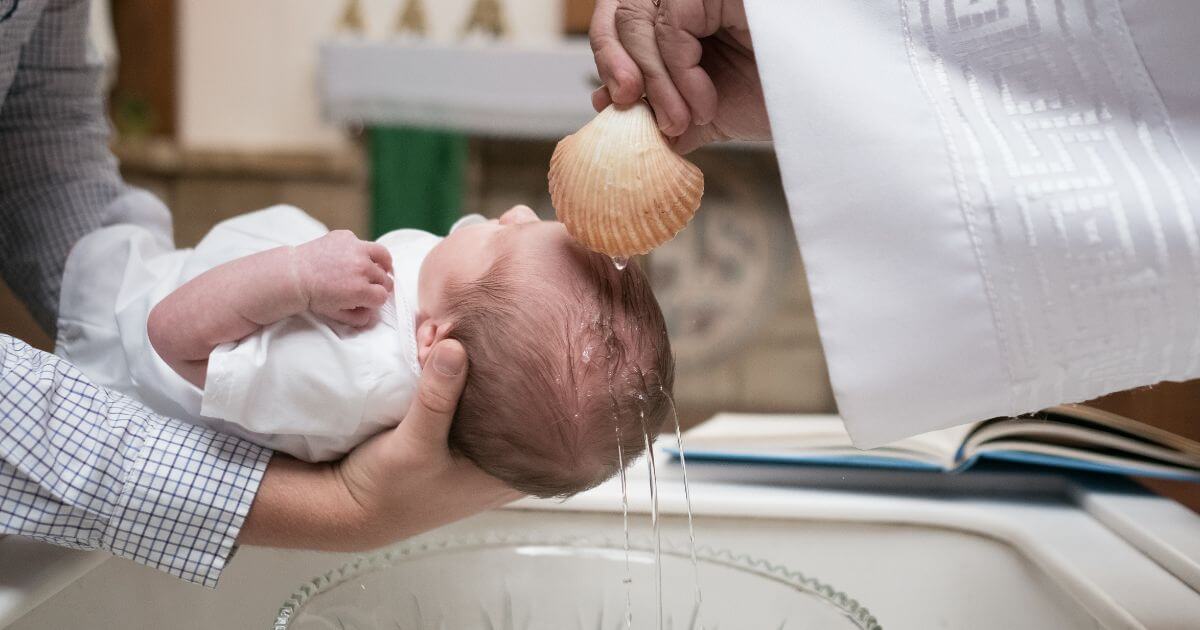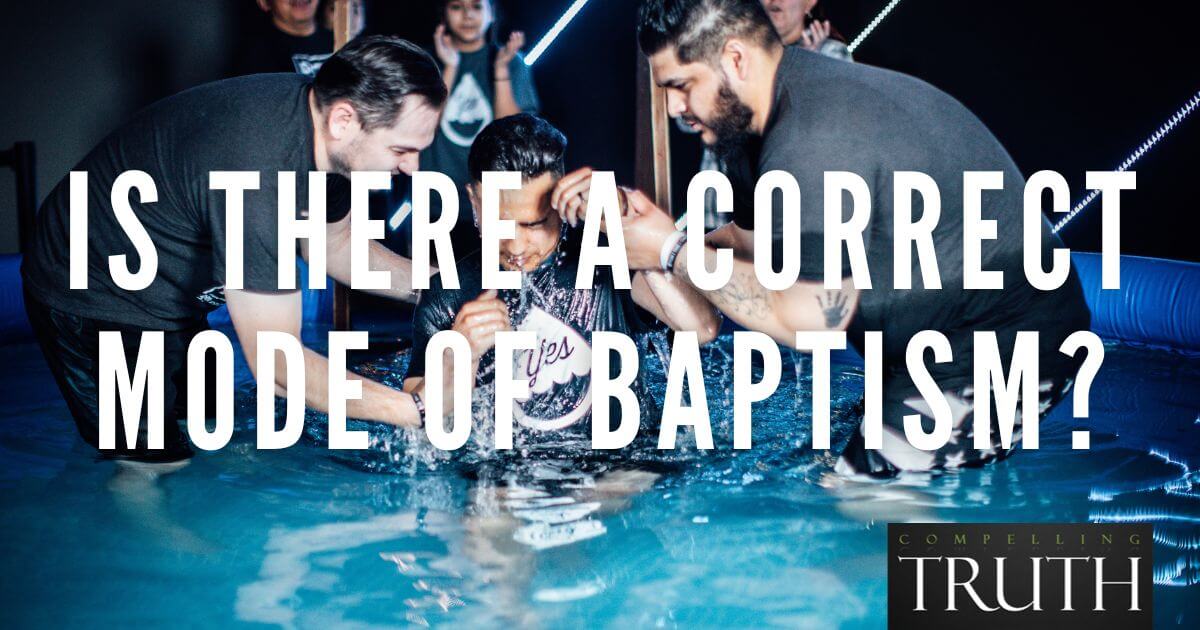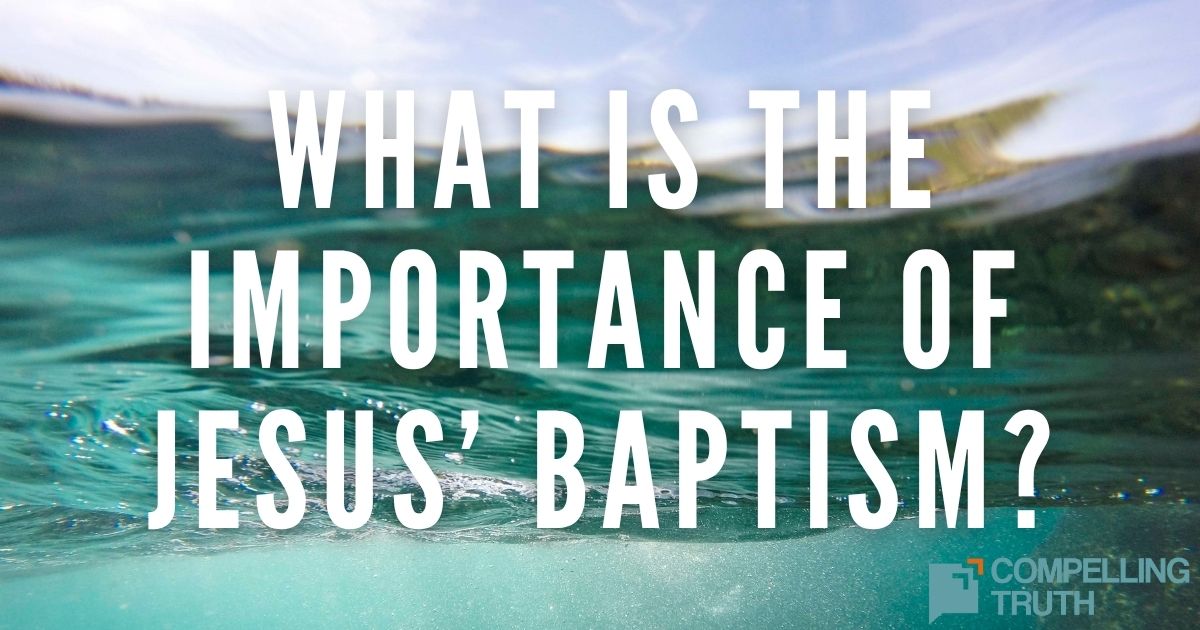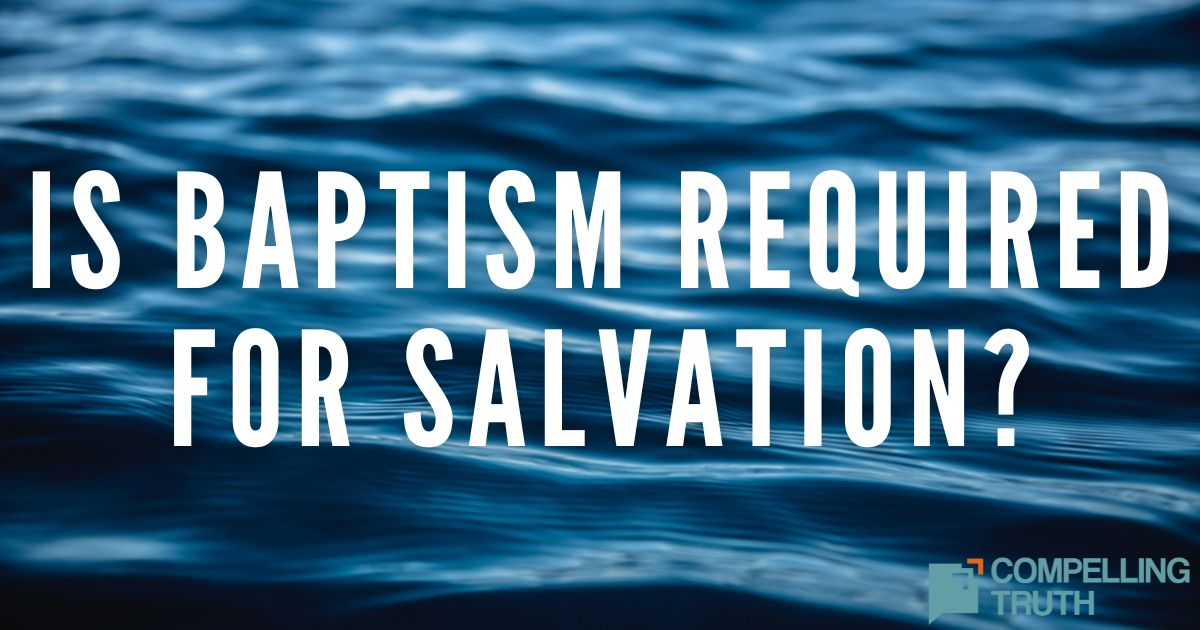The Bible does not teach or mention infant baptism. Household baptisms are mentioned in the New Testament but were reflective of the head of the household’s coming to faith and a declaration of a change of priorities and leading of the household. Baptism is an act of obedience after a personal decision to follow Christ, not a rite that imparts salvation or removes original sin. Since infants cannot profess faith, the practice of infant baptism is not supported by biblical teachings. Parents should raise their children in the ways of the Lord, helping them to understand the gospel and supporting them in their journey toward baptism when they are ready to express their personal faith in Christ.
Got Questions Ministries believes that baptism is an act of obedience that occurs after salvation. This seems to be the pattern of the New Testament, such as in Acts 2:41; 8:12–13, 38; and 18:8. Baptism has no salvific effect, nor does it remove original sin. Also, salvation is an individual matter, not something a parent can choose for his or her child. We believe that only those who have trusted the gospel message should be baptized. While baptism may be appropriate for children who have professed faith, we believe infants are unable to do this and should therefore not be baptized. Many churches have a baby dedication ceremony that may be most appropriate for parents who wish to demonstrate a desire for their child to come to faith and to commit themselves to raising their child to know the truth of God. Believers are encouraged to raise their children in the Lord, teaching them the ways of God (Ephesians 6:4). Parents should focus on nurturing their children’s faith, guiding them to understand the gospel, and preparing them to be baptized when they are ready to profess saving faith in Christ.




